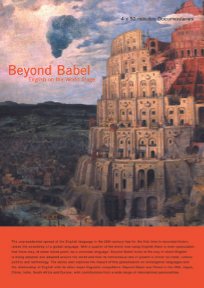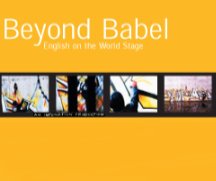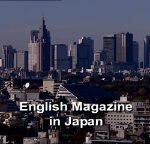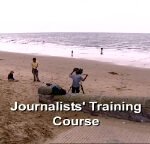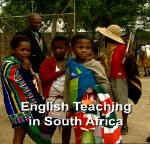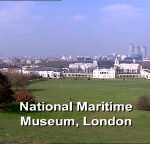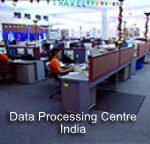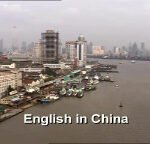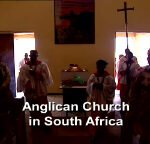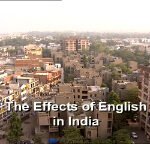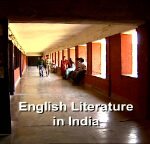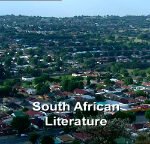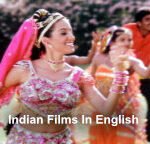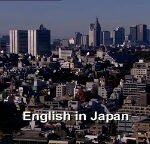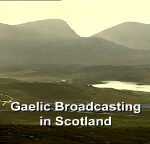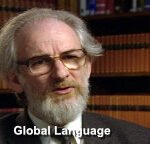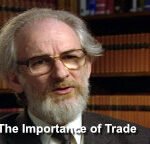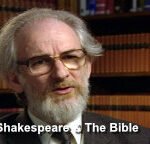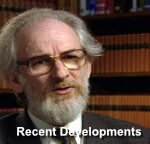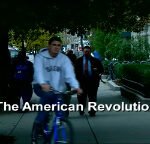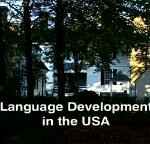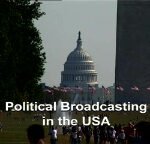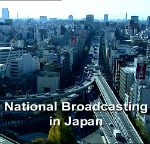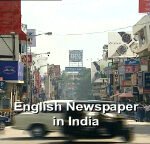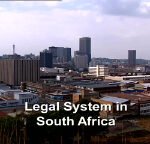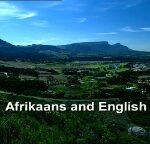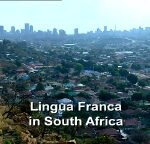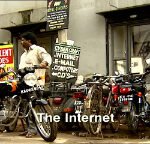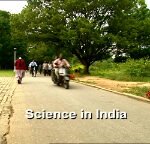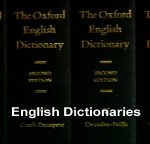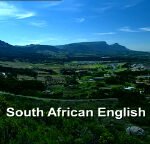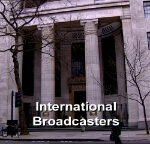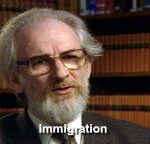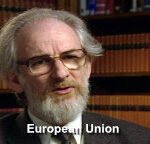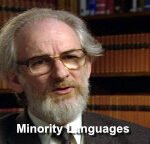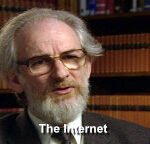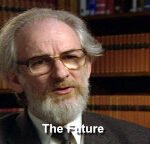Beyond Babel
BEYOND BABEL was produced in response to an extraordinary phenomenon, the global spread of the English language. As we move into the 21st Century, we find ourselves in a world where up to a quarter of the world’s population are now able to communicate in English and where for the first time in recorded history we can legitimately speculate about the possibility of a global language.
BEYOND BABEL set out to explore how English has attained this international pre-eminence and to look at the consequences both for native English speakers and the vast majority of the world’s population who are not.
Throughout the programmes, our series consultant, David Crystal, the author of the Cambridge Encyclopedia of the English Language, and a wide range of international experts and commentators offer their views on the past, present and future of the English language. The phenomenal growth of English has created an often heated global debate touching upon profound issues in many societies and BEYOND BABEL, which was filmed in the USA, Japan, China, South Africa, India and Europe, attempts to reflect some of these issues.

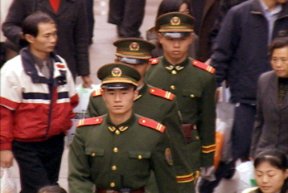
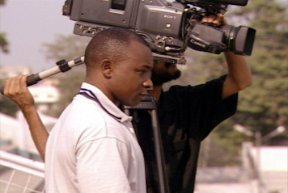
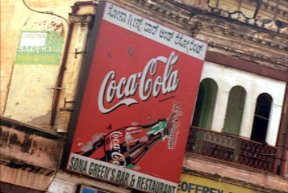
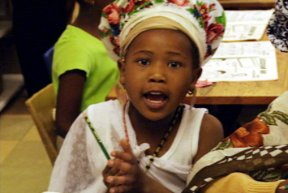
Programme 1 Trade
Trade examines how the process of international trade has taken English on to the world stage. At their corporate headquarters in Atlanta, Coca Cola executives mull over the marketing strategy for their Shanghai factories, while local staff at Virgin Atlantic in China have to master English to deal with passenger bookings. At the Harvard Business School, a professor speculates that English has banished nationhood in favour of global branding. Around the world business has come to depend on English as the lingua franca of international trade and as the language grows so does its aspirational pull.

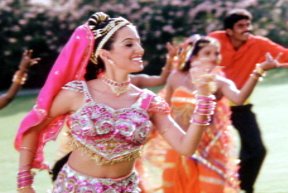
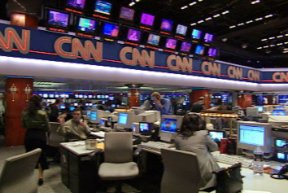
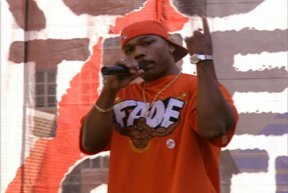

Programme 2 Culture
Culture looks at the phenomenal appeal of English as a vehicle for artistic expression. From Shakespeare’s Globe Theatre in London to American Rap music, via Star TV in Hong Kong, English is asserting itself as the language of cultural communication. A young Indian director launches his English language film, “Bollywood Calling”, at the London Film Festival and in Tokyo, Japanese pop group Babamania only perform in English. The success of the language is taking the cultural world by storm.
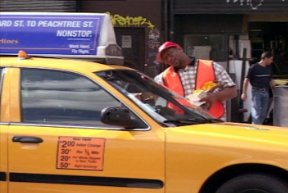

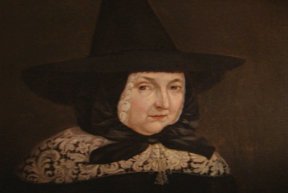
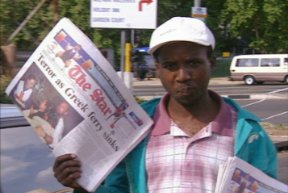
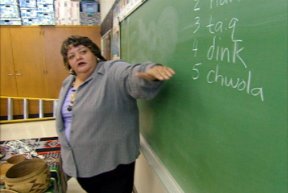
Programme 3 Politics
Politics examines the role of English as the medium of international political discourse and diplomacy and its adoption by those seeking freedom and justice. From Bunker Hill to Silicon Valley, the English language shapes the political landscape of modern day America. And its revolutionary heritage is echoed in the fiercely contested language debates that still rage, whether it’s between new immigrants and the political establishment or the struggles of Native Americans to preserve their own endangered languages. In South Africa, with its eleven official languages, English has become a key element in bringing together former opponents. While in India, English vies with the indigenous language, Hindi, as the language of government.

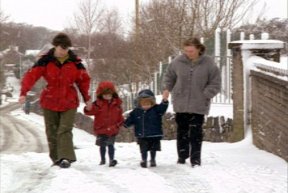
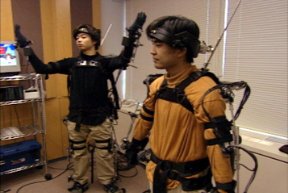
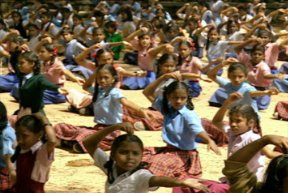
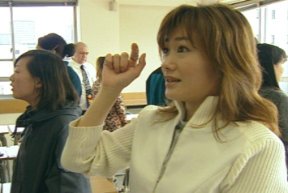
Programme 4 The Future
Over 70% of the world’s scientific research is now recorded in English and science accounts for the fastest growing area of the already immense English vocabulary. This programme travels from Xerox Parc in Silicon Valley to Electronics City in Bangalore, to explore the way that technological advance and English have become inextricably linked. New media and the Internet have produced a boom in English, but will this ubiquity continue? Will the development of translation machines make the need for a common language obsolete and, as more and more people grow up bi-lingual, will the monolingual English speakers be left behind?
Additional Sequences
The DVD version of Beyond Babel included all four programmes, with the option to view the series with Spanish, Arabic, Russian, or Chinese commentary and subtitles. It also included thirty-eight new sequences, that can be viewed by clicking on the images below.

